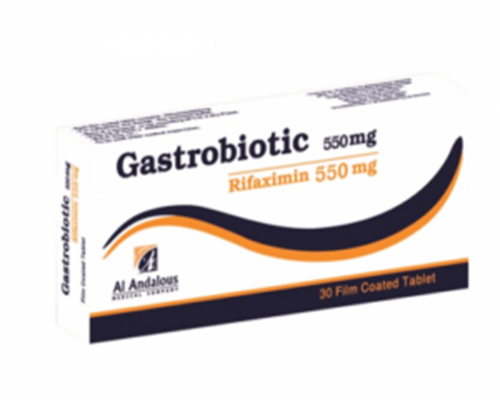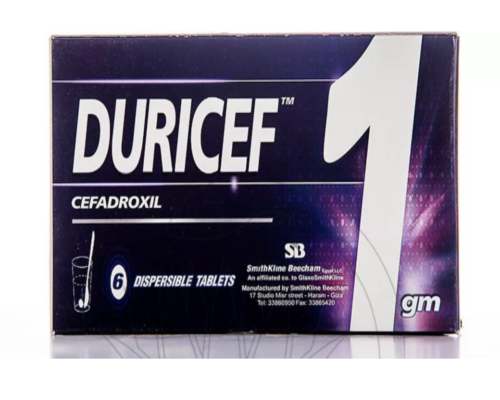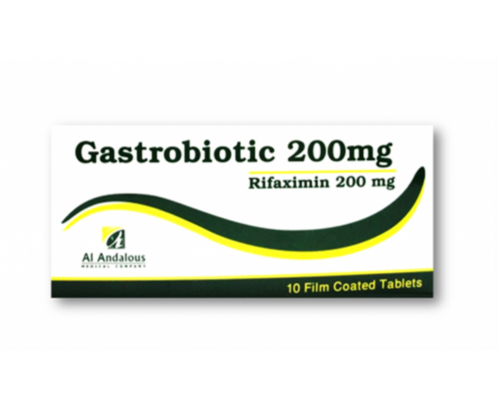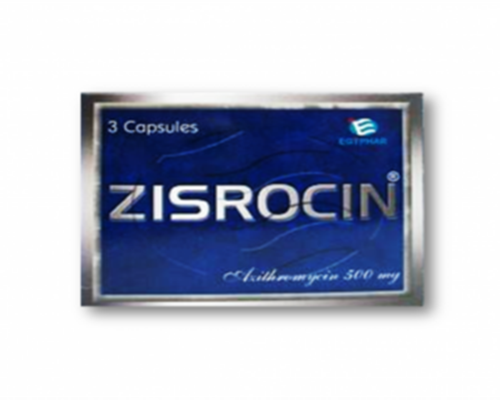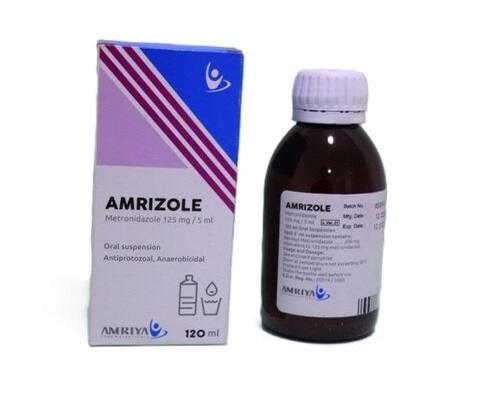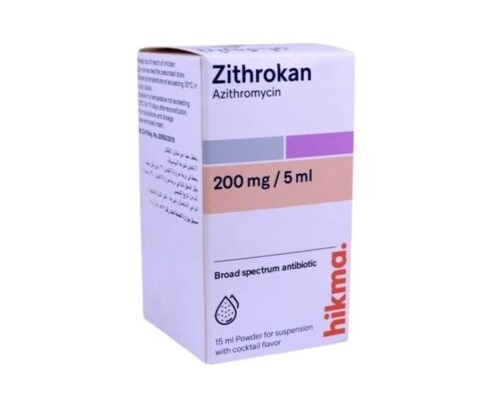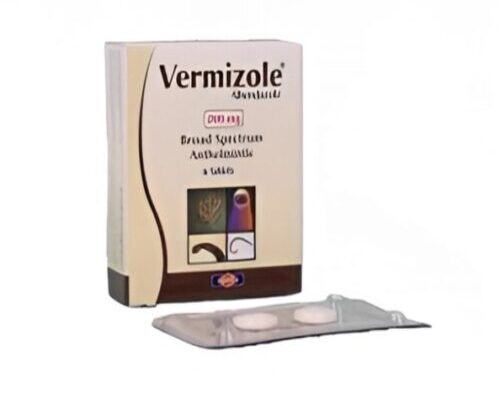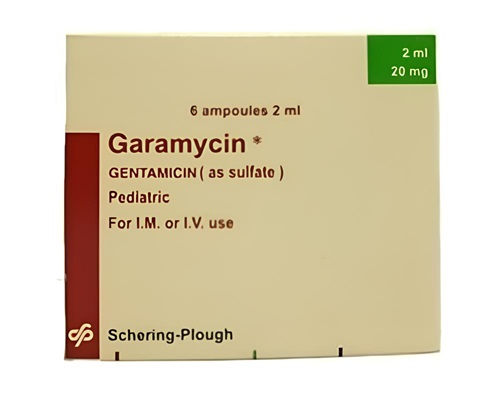Description
Trade name:
Gastrobiotic
Composition:
Each tablet contains:
Rifaximin 550 mg
Excipients:
Sodium carboxymethyl starch, glyceryl palmitostearate, colloidal silicon dioxide, talc, microcrystalline cellulose.
Properties:
Rifaximin is a broad-spectrum antibiotic from the rifamycin group. Like other representatives of this group, it irreversibly binds the beta subunits of the bacterial enzyme DNA-dependent RNA polymerase and, therefore, inhibits the synthesis of RNA and proteins of bacteria. As a result of irreversible binding to the enzyme, rifaximin exhibits bactericidal properties against sensitive bacteria. The drug has a broad spectrum of antimicrobial activity, including most gram-negative and gram-positive, aerobic and anaerobic bacteria. The broad antibacterial spectrum of rifaximin helps reduce the pathogenic intestinal bacterial load, which causes some pathological conditions.
The drug reduces:
the formation of ammonia and other toxic compounds by bacteria, which in the case of severe liver disease, accompanied by a violation of the detoxification process, play a role in the pathogenesis and clinical manifestations of hepatic encephalopathy;
increased proliferation of bacteria in the syndrome of excessive growth of microorganisms in the intestine;
the presence of bacteria in the diverticulum of the colon, which can participate in inflammation in and around the diverticular sac and possibly play a key role in the development of symptoms and complications of diverticular disease;
the intensity of the antigenic stimulus, which in the presence of genetically determined defects in the immunoregulation of the mucosa and / or in the protective function, can initiate or constantly maintain chronic intestinal inflammation;
the risk of infectious complications in colorectal surgeries.
Indications:
Treatment of gastrointestinal infections caused by bacteria sensitive to rifaximin, including: – acute gastrointestinal infections; – traveler’s diarrhea; – intestinal bacterial overgrowth syndrome; – hepatic encephalopathy; – symptomatic uncomplicated diverticular disease of the colon; – chronic inflammation of the intestine.
Prevention of infectious complications in colorectal surgery.
Method of administration and dosage:
The drug is taken orally with a glass of water, regardless of food intake. For the treatment of diarrhea, adults and children over 12 years of age are prescribed 200 mg (1 tablet) every 6 hours. Treatment of traveler’s diarrhea should not exceed 3 days. The duration of treatment with Gastrobiotic should not exceed 7 days. A repeat course of treatment should be carried out no earlier than after 20-40 days. The total duration of treatment is determined by the clinical condition of the patients. Doses and frequency of administration may be changed on the advice of a physician.
Contraindications:
-diarrhea accompanied by fever and loose stools with blood;
-intestinal obstruction (including partial);
-severe ulcerative lesion of the intestine;
-children under 12 years of age (efficacy and safety have not been established);
-hypersensitivity to rifaximin or other rifamycins or to any of the components included in the drug.
With caution: renal failure, concomitant use with oral contraceptives, concomitant use with a P-glycoprotein inhibitor such as cyclosporine.
Precautions:
Patients should be warned that, despite the insignificant absorption of rifaximin (less than 1%), the drug may cause urine to turn reddish. This is due to the active substance rifaximin, which, like most antibiotics of this series (rifamycins), has a reddish-orange color. If superinfection with microorganisms insensitive to rifaximin develops, the drug should be discontinued and appropriate therapy prescribed. Due to the effect of the drug on the intestinal flora, the effectiveness of oral contraceptives containing estrogens may decrease after taking it. It is recommended to use additional contraceptive measures when taking the drug, especially if the estrogen content in oral contraceptives is less than 50 mcg. The drug can be taken no earlier than 2 hours after taking activated charcoal.
Side effects:
CNS: common – dizziness, headache; uncommon – hypoesthesia, migraine, paresthesia, drowsiness, pain in the sinuses; unknown – pre-syncope, agitation.
Visual: uncommon – diplopia.
Inner ear: uncommon – ear pain, systemic dizziness.
Respiratory: uncommon – shortness of breath, dry throat, nasal congestion, pain in the oropharynx, cough, rhinorrhea.
Digestive: common – bloating, abdominal pain, constipation, diarrhea, flatulence, nausea, tenesmus, vomiting, urge to defecate; uncommon – pain in the upper abdomen, ascites, dyspepsia, gastrointestinal motility disorder, mucus and blood in the stool, dry lips, “hard” stool, increased AST activity, ageusia; unknown – changes in liver function tests, heartburn.
From the urinary system: uncommon – glucosuria, polyuria, pollakiuria, hematuria, proteinuria.
From the skin and subcutaneous fat: uncommon – rash, sunburn; unknown – angioedema, allergic dermatitis, exfoliative dermatitis, eczema, erythema, itching, purpura, urticaria, erythematous rash, erythema of the palms, itching of the genitals.
From the musculoskeletal system: uncommon – back pain, muscle spasm, muscle weakness, myalgia, neck pain.
Infections: uncommon – candidiasis, herpes simplex, nasopharyngitis, pharyngitis, upper respiratory tract infections; unknown – clostridial infection.
From the reproductive system: uncommon – polymenorrhea.
Others: common – fever.
Storage method:
At a temperature not exceeding 30 degrees.
Packaging:
A cardboard box contains 3 blisters of 10 tablets, paper instructions.

